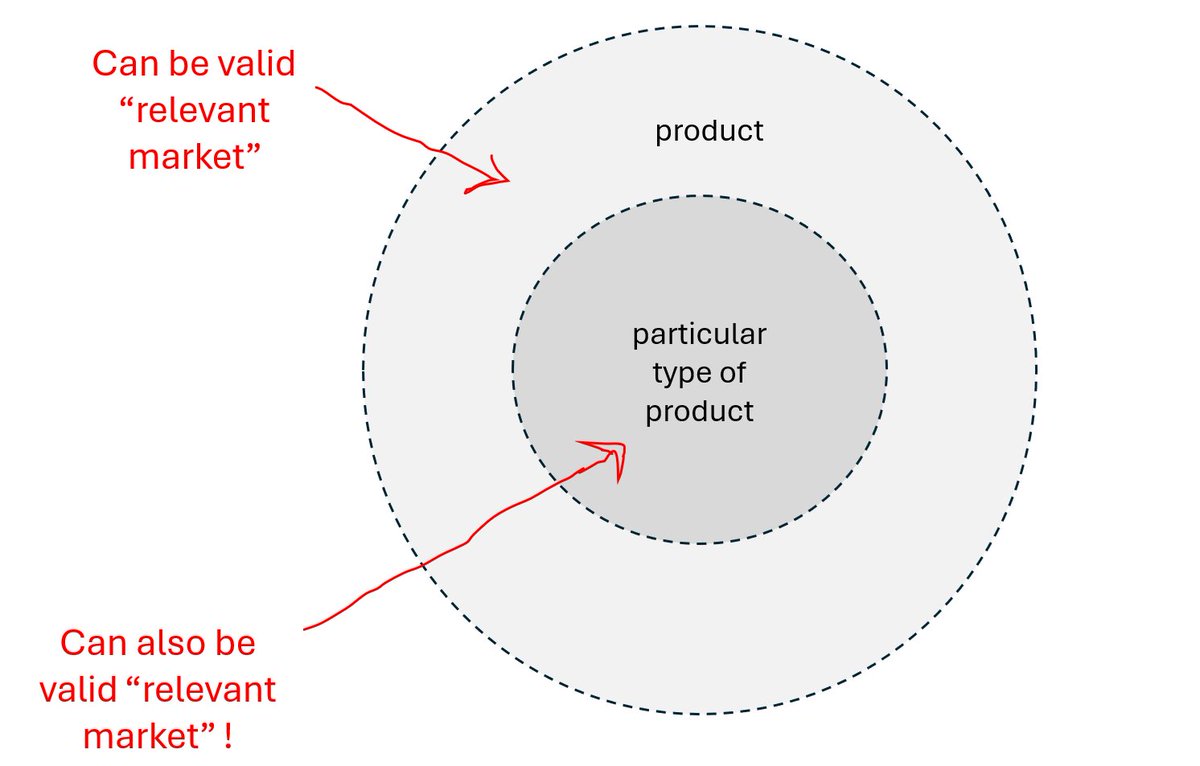@ErikHovenkamp @LeeHepner Here's where I'm getting stuck: "The supplier's profit maximizing price depends on d(p)." Putting some numbers on it, let's say A sells an extra 50 units at retail due to its price advantage. B used to sell 100 at retail for profitable price $7 but can now sell only 50 at $7.
@ErikHovenkamp @LeeHepner Where I'm getting hung up is why/how S would find it profitable to offer B a lower price when S knows that B can sell at profitable price $7, keeping in mind that overall market units sold--and therefore where S is on its own cost curve--hasn't changed.
@ErikHovenkamp @LeeHepner This is a good point: "That discount made his contract with the big buyer less profitable, not more." Absent empirics, tho, I don't think we can tell definitively whether that dynamic or the "B-now-accounts-for-less-of-my-sales" dynamic is more pervasive/powerful.
• • •
Missing some Tweet in this thread? You can try to
force a refresh











